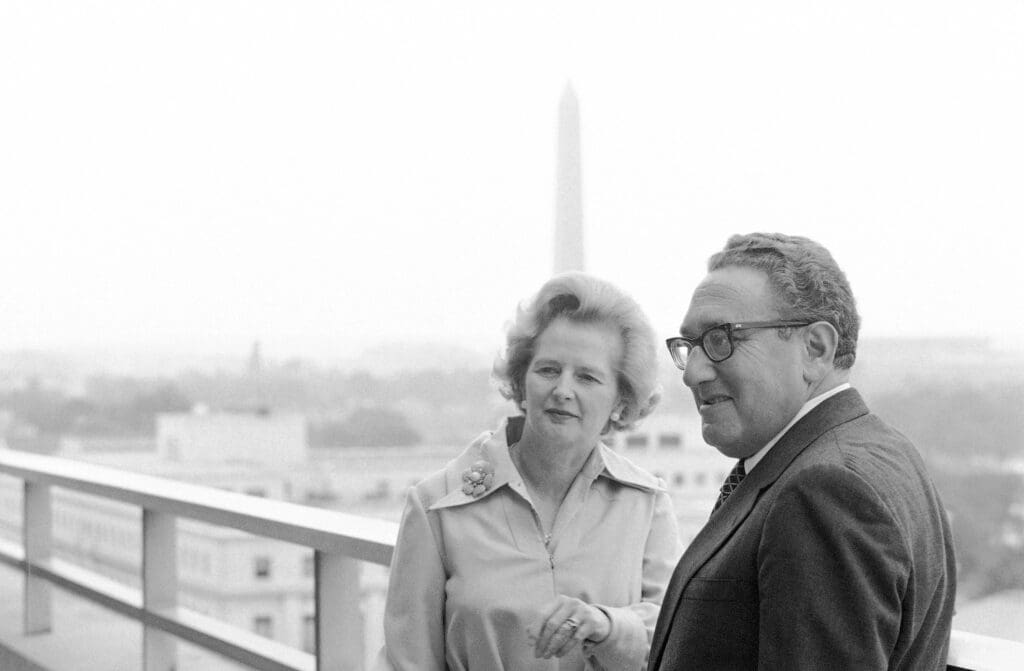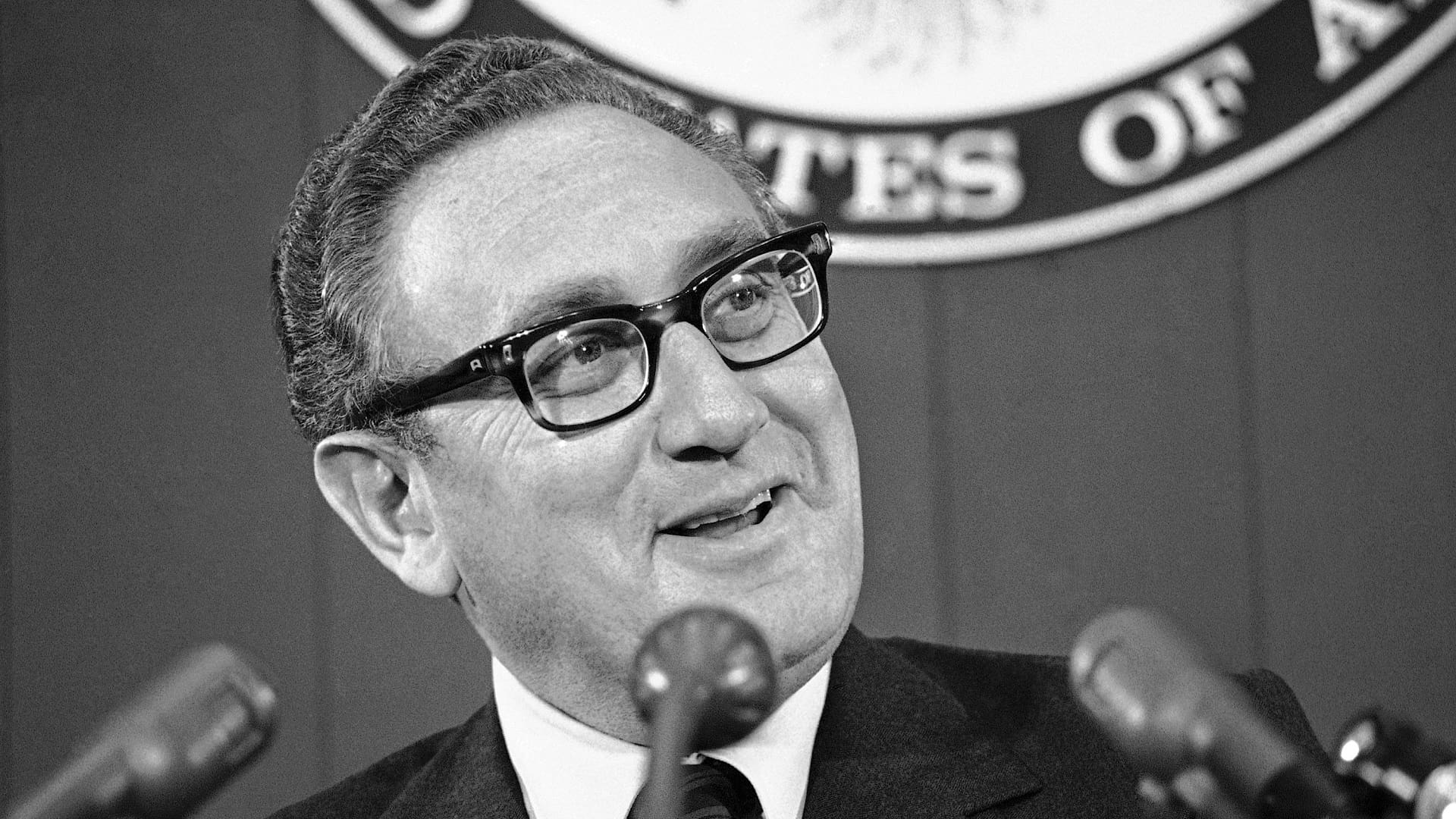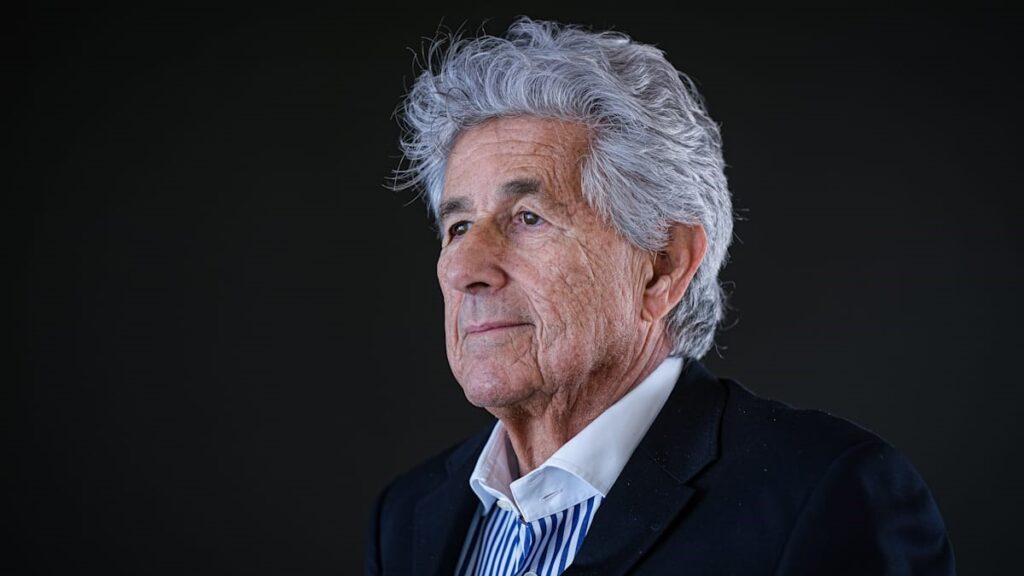German-born American diplomat, political scientist, and the 56th US Secretary of State Henry Kissinger passed away in his Connecticut home at age 100 on Wednesday, 29 November. Because he was not a natural-born US citizen, he could never run for the highest office in the land—however, he still had a major impact on the country’s affairs, especially during the Cold War era.
The Eventful Life of Henry Kissinger
Kissinger was born on 27 May 1923 in Fürth, Bavaria in the Weimar Republic. Coming from a Jewish family, he and his family fled to the US from Nazi persecution when he was 15 years old. He seized his chance to directly take on the evil Nazi regime during World War II. At age 20, in 1943, he joined the US Army fighting on the allied side of the war. Shortly after enlisting, he was also granted US citizenship. At the start of the war, he was studying engineering at Lafayette College while also serving in the army. However, he was soon called to the frontlines in Europe as part of the 84th Infantry Division.
On the battlefield, he rose to the rank of sergeant, and also earned a Bronze Star.

Bob Daugherty/AP/MTI
After his discharge, he earned his BA degree in political science from Harvard College in 1950. In 1954, he also earned a PhD, writing his thesis about the diplomacy of post-Napoleonic Europe. In 1957, he published his book titled Nuclear War and Foreign Policy.
His first political gig was serving as the foreign policy advisor for Nelson Rockefeller’s presidential campaigns. While they never even got the Republican nomination in the three consecutive elections they tried between 1960 and 1968, Kissinger did get acquainted with former Vice President—and future President—Richard Nixon during his work for Rockefeller. Impressed by the man,
Nixon ended up making Kissinger his Secretary of State during his second term in 1973.
He served in the post until 1977, after Nixon’s resignation, until the end of the Ford administration. During his time in office, Kissinger oversaw a peace agreement in the 1973 Arab–Israeli conflict and the withdrawal of all US forces from Vietnam also in 1973.
He is credited with the creation of the ‘political realism’ or ‘realpolitik’ (although he claims he never used the latter term) theory in geopolitics. In essence, Kissinger thought it is best not to make decisions in foreign policy based on ideological considerations, rather, on practical ones; and presume that all actors in foreign policy are pursuing their own, and not the common interest. This way of thinking fell right in line with the ’détente’ policy the Nixon administration was using in their approach to relations with the Soviet Union and other communist countries—tensions between the two sides of the Cold War were eased, and the US pulled back from the moral condemnation of state socialist governments.
The Nobel Prize, Books and Brief Return to the USG
Kissinger won the Nobel Peace Prize in 1973,
for his crucial role in ending the Arab–Israeli and the Vietnam conflicts that year.
After leaving the Secretary of State’s office in 1977, he authored a number of seminal books dealing with foreign policy, politics and international affairs. His seminal works such as Diplomacy, World Order, and Leadership continue to be basic reading for anyone studying or being engaged in international relations.
After a quarter of a century, he returned to serve in a conservative government. In 2002, he was appointed by President George W. Bush as the chair of the newly founded National Commission on Terrorist Attacks Upon the United States to investigate the 11 September 2011 attacks. However, he only served in his new role for a month, as he was not willing to share enough information about his private business dealings to be allowed to serve on the commission.
Outside his government positions, Kissinger served in leadership roles at multiple universities and private companies. Until very recently, his opinion on world affairs was sought and listened to. Henry Kissinger lived to the ripe old age of 100, having had a considerable impact on many of the major world events that occurred during his century in this world.








